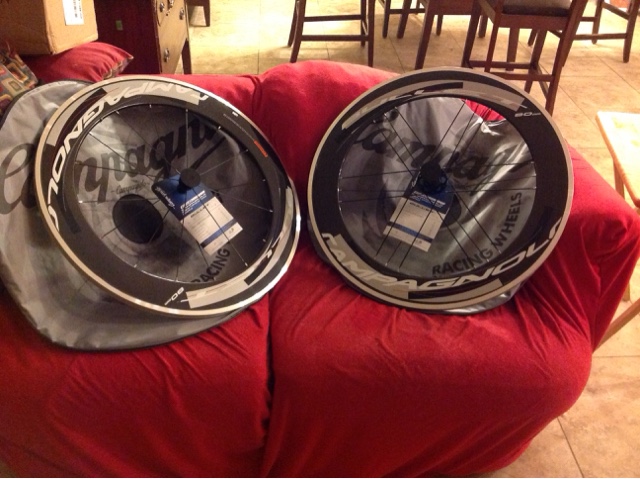Sabbatical
As I've said in earlier posts, I am retired from the ultra distance triathlon (also known as Ironman, full or 140.6). Retiring truly means that I have no foreseeable plans to do another one in my lifetime. This is not to say that it won't happen. How many sports stars, actors, or others have "come out of retirement" to pick something up again?
But here I am not talking about retiring but instead focus on taking sabbaticals. Athletes take off-seasons when racing is slow. This is especially true of triathletes, where in most of the country, water temperatures are too cold to swim during the winter. In Florida, there is not a true off season as south Florida remains warm year-round but summer is often this state's off-season with temperatures routinely in the high 90s. It just gets too hot to really train or race.
This year, I decided not to take an off-season but to take a sabbatical. I use that term to mean that for triathlon (three sport training), there will be a minimal plan for the rest of the year. I will focus on road running with several key half marathons and a year-end marathon to work through. This is not to say I won't swim or bike but I plan on doing this for fun only. No goals. No metrics. Just swimming and biking as true cross training. Even my running plans are less rigid and focused than in previous years. The goal here is really just to maintain my general level of fitness but to have fun and enjoy these "hobbies".
With that said, I have been planning a good 2017 season, which is why I call this a sabbatical. When university professors take a sabbatical, it is usually to work on something or to travel while they are away from their teaching post. They know full well they will return to their teaching duties and whatever else they left during the next semester or academic year. I am taking the same view here as I will work on gaining more experience in officiating and working on core running while I take a nearly year-long break from triathlon competition.
I think many athletes can benefit from a sabbatical (or extended off-season). Some are forced to take this as a result of illness or injury. This is an unfortunate circumstance, but many times those athletes come back and feel almost grateful for the forced time off. Obviously nobody is grateful to be sick or injured, but otherwise these athletes may have suffered from greater or permanent burnout. For athletes who may have hit a plateau or have seen the signs of burnout creeping up, taking a lengthened sabbatical from the stresses of training can physically and mentally allow for recuperation. If you are afraid of losing fitness, then choose to focus on one sport or activities that maintain your fitness but are not part of a planned competitive training program for triathlon (or running if you are not taking a sabbatical from triathlon).
During a sabbatical, amateurs are especially able to return to their non-sport life and perhaps make progress with things that have been put off. I, personally, intend to finish house projects and spend time with my family that I did not have time to do before. The time I used to spend on countless hours of training can now become a social ride where I can not feel guilty about participating in the after-sessions activities. Or I can show up for the after party without the workouts. And I know that I will get that itch back to race. But planning a season post-sabbatical gives me something to look forward to without the pressure of having to train all the way through to the end.
My hope is after this time, I will return energized and refreshed. My experiment with an N of 1 will tell if such a break will help me return faster and stronger than before or if I will be restarting at square one. Only time will tell how this turns out. For now, it's off to enjoy life.


Comments
Post a Comment